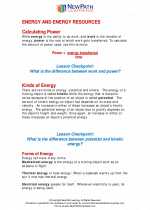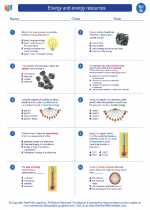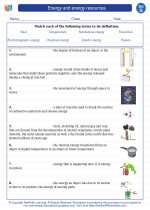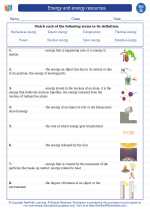Nutrient Cycling
Nutrient cycling is the movement and exchange of organic and inorganic matter back into the production of living matter. It involves the processes of nutrient uptake, assimilation, release, and recycling in ecosystems.
Key Concepts
- Nutrient Uptake: The process by which plants and other organisms absorb nutrients from their environment.
- Nutrient Assimilation: The incorporation of absorbed nutrients into the tissues of an organism.
- Nutrient Release: The return of nutrients to the environment through processes such as decomposition and excretion.
- Nutrient Recycling: The reuse and redistribution of nutrients within an ecosystem.
Importance of Nutrient Cycling
Nutrient cycling is vital for the functioning of ecosystems as it ensures the availability of essential nutrients for the growth and development of organisms. It also contributes to the sustainability of ecosystems by minimizing nutrient loss and maximizing nutrient reuse.
Processes Involved
The major processes involved in nutrient cycling include:
- Decomposition: The breakdown of organic matter by decomposers, leading to the release of nutrients back into the environment.
- Photosynthesis: The process by which plants convert light energy into chemical energy, utilizing carbon dioxide and water to produce glucose and oxygen.
- Respiration: The release of carbon dioxide by organisms during the breakdown of organic compounds to release energy.
- Nitrogen Fixation: The conversion of atmospheric nitrogen into forms that can be utilized by plants, carried out by nitrogen-fixing bacteria.
Human Impact
Human activities such as deforestation, agriculture, and industrialization can disrupt natural nutrient cycling processes, leading to nutrient imbalances and environmental degradation.
Study Guide
When studying nutrient cycling, focus on understanding the key processes involved, their significance in ecosystem functioning, and the potential impacts of human activities on nutrient cycling.
Key topics to cover include decomposition, photosynthesis, respiration, nitrogen fixation, and the effects of human interventions on nutrient cycling.
Be sure to review the role of different organisms in nutrient cycling, including plants, decomposers, and nitrogen-fixing bacteria.
Consider the interconnectedness of nutrient cycles, such as the carbon, nitrogen, and phosphorus cycles, and how they influence each other within ecosystems.
.





